Mastering the Art of Physical Exercise
Physical exercise is a vital component of a healthy lifestyle, contributing to overall well-being and longevity. Engaging in regular physical activity not only enhances our physical fitness but also boosts mental health and improves our quality of life.
Whether you are a fitness enthusiast or just starting your fitness journey, understanding the art of physical exercise and how it can elevate your fitness quotient is essential. In this article, we will explore various aspects of mastering physical exercise and achieving your fitness goals.
The Importance of Physical Exercise
Physical exercise plays a pivotal role in maintaining optimal health. Regular exercise strengthens the cardiovascular system, increases bone density, and improves muscle tone. It also helps in managing weight, reducing the risk of chronic diseases, and boosting the immune system.
Engaging in physical activity releases endorphins, known as "feel-good" hormones, which contribute to stress reduction and improved mental well-being.
Setting Fitness Goals
Before embarking on your fitness journey, it's essential to establish clear and achievable fitness goals. Setting specific, measurable, attainable, relevant, and time-bound (SMART) goals provides a sense of direction and motivation.
Whether your goal is weight loss, muscle gain, increased flexibility, or overall fitness, having a target in mind helps you stay focused and track your progress.
Finding the Right Exercise Routine
The key to mastering physical exercise lies in finding the right exercise routine that suits your goals and preferences. Consider your fitness level, time availability, and personal interests when choosing a routine.
Whether you prefer high-intensity workouts, strength training, yoga, or a combination of different exercises, the key is to engage in activities that you enjoy and can sustain in the long run.
Cardiovascular Exercises for a Healthy Heart
Cardiovascular exercises, also known as aerobic exercises, are vital for improving heart health and stamina. These exercises elevate your heart rate and increase oxygen circulation in the body.
Activities such as brisk walking, jogging, swimming, cycling, and dancing are excellent cardiovascular exercises that can be easily incorporated into your daily routine.
Strength Training for Increased Muscle Mass
Strength training, or resistance training, focuses on building muscle strength and endurance. It involves performing exercises that target specific muscle groups using weights, resistance bands, or bodyweight.
Strength training not only increases muscle mass but also improves bone density and enhances overall functional fitness. Incorporate exercises like squats, lunges, push-ups, and weightlifting into your routine for optimal results.
Flexibility Exercises for Enhanced Mobility
Flexibility exercises help improve joint range of motion and prevent injuries. Stretching exercises, yoga, and Pilates are excellent choices for enhancing flexibility.
These exercises promote muscle elasticity and lengthening, which can alleviate muscle tension and improve posture. Make sure to include stretching routines and exercises that target major muscle groups in your fitness regimen.
Balancing and Core Strengthening Exercises
Balancing exercises and core strengthening exercises are essential for stability and posture. These exercises target the muscles in your core, including the abdomen, lower back, and hips.
A strong core not only improves balance and coordination but also supports proper body alignment and reduces the risk of back pain. Planks, bridges, and yoga poses like tree pose and boat pose are effective for core strengthening and balance enhancement.
Mind-Body Connection: Yoga and Pilates
Yoga and Pilates focus on the mind-body connection, combining physical movements with breath control and mindfulness. These practices improve flexibility, strength, and balance while promoting relaxation and stress reduction.
Incorporating yoga or Pilates sessions into your fitness routine can enhance your overall well-being and provide a holistic approach to physical exercise.
Incorporating High-Intensity Interval Training (HIIT)
High-Intensity Interval Training (HIIT) is a time-efficient exercise method that alternates short bursts of intense exercise with recovery periods. HIIT workouts are known for their calorie-burning potential and cardiovascular benefits.
These workouts can be tailored to various fitness levels and are effective in improving cardiovascular fitness and boosting metabolism. Include HIIT sessions in your exercise routine for a challenging and efficient workout.
Nutrition for Optimal Fitness
To elevate your fitness quotient, it is crucial to fuel your body with the right nutrition. A well-balanced diet rich in whole foods, including fruits, vegetables, lean proteins, whole grains, and healthy fats, provides the necessary nutrients for energy and muscle recovery.
Adequate protein intake is especially important for muscle repair and growth. Consult a registered dietitian or nutritionist to create a personalized meal plan that aligns with your fitness goals.
Hydration: Fueling Your Workouts
Proper hydration is essential for optimizing exercise performance and overall health. Water is vital for regulating body temperature, lubricating joints, and transporting nutrients to cells.
During physical activity, aim to drink water regularly and replenish electrolytes lost through sweat, especially during intense workouts or in hot weather. Hydrating adequately before, during, and after exercise helps maintain energy levels and supports efficient bodily functions.
Rest and Recovery: Listening to Your Body
In the pursuit of fitness, it's crucial to prioritize rest and recovery. Allowing your body to rest and repair is essential for preventing overuse injuries and optimizing performance.
Make sure to incorporate rest days into your exercise routine and prioritize quality sleep to support muscle recovery and overall well-being. Listen to your body's signals and avoid pushing yourself beyond your limits, as this can lead to burnout and setbacks.
Staying Motivated on Your Fitness Journey
Maintaining motivation is key to sustaining a consistent fitness routine. Set short-term milestones and celebrate your achievements along the way. Find activities that bring you joy and surround yourself with a supportive community or workout buddy.
Consider tracking your progress, experimenting with new exercises or fitness classes, and rewarding yourself for reaching specific goals. Remember that consistency is key, and every step forward is a step toward a healthier and fitter you.
Note: Mastering the art of physical exercise is a transformative journey that elevates your fitness quotient and enhances your overall well-being. By setting clear goals, finding the right exercise routine, and prioritizing nutrition, hydration, rest, and recovery, you can achieve optimal results.
Embrace the mind-body connection, explore different exercise modalities, and stay motivated on your fitness journey. Remember, fitness is a lifelong commitment, and each small step contributes to your long-term health and happiness.
FAQs:
Q: How often should I exercise to improve my fitness?
A: To improve fitness, aim for at least 150 minutes of moderate-intensity aerobic exercise or 75 minutes of vigorous-intensity aerobic exercise per week. Additionally, include strength training exercises twice a week.
Q: Can I lose weight through exercise alone?
A: While exercise plays a crucial role in weight management, it's important to combine it with a balanced diet for optimal results. Caloric deficit, achieved through a combination of exercise and dietary changes, is key for sustainable weight loss.
Q: Is it necessary to hire a personal trainer?
A: While not mandatory, a personal trainer can provide guidance, motivation, and personalized workout plans based on your goals and fitness level. They can also ensure proper form and technique to prevent injuries.
Q: How long does it take to see results from exercise?
A: Results vary depending on individual factors such as fitness level, consistency, and intensity of workouts. It may take a few weeks to a few months to notice significant changes in strength, endurance, and body composition.
Q: Can I start exercising if I have an existing medical condition?
A: If you have a medical condition, it's essential to consult with your healthcare provider before starting any exercise program. They can provide guidance and recommend exercises that are safe and suitable for your specific condition.







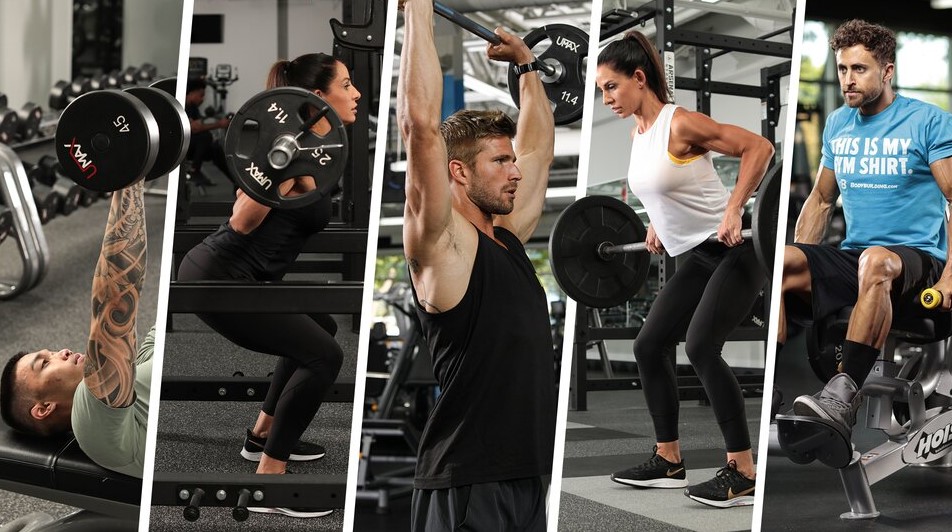












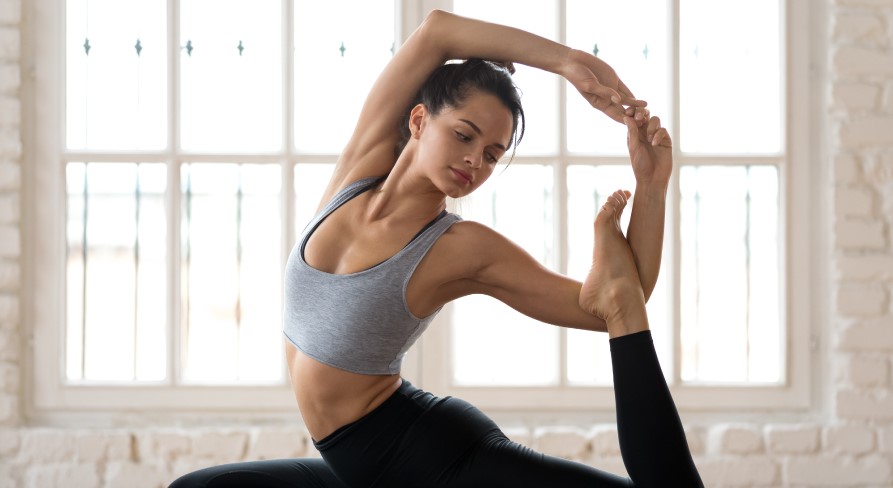
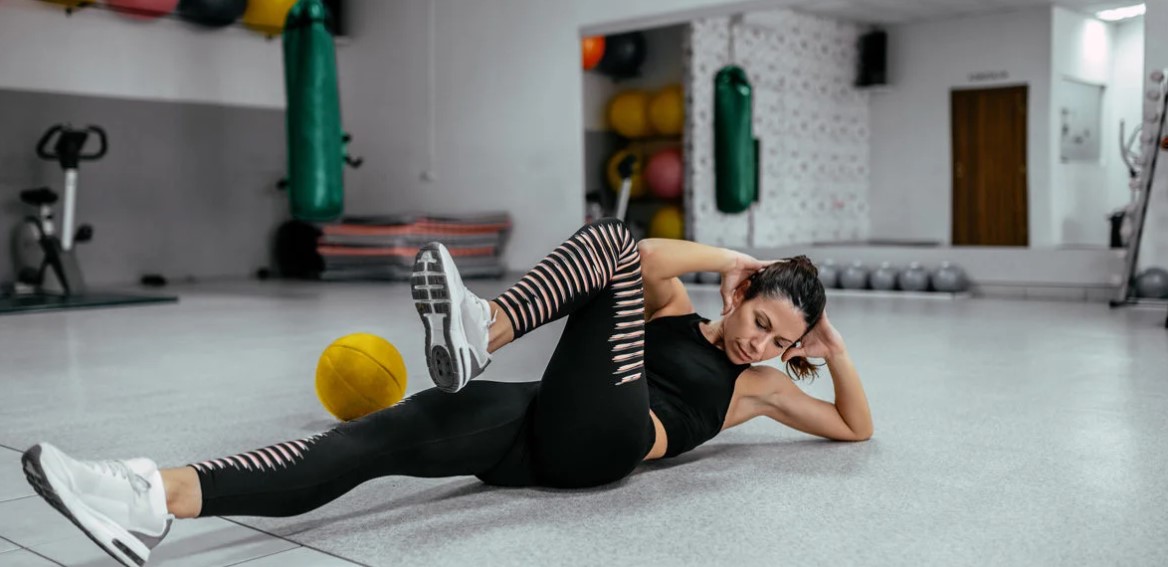




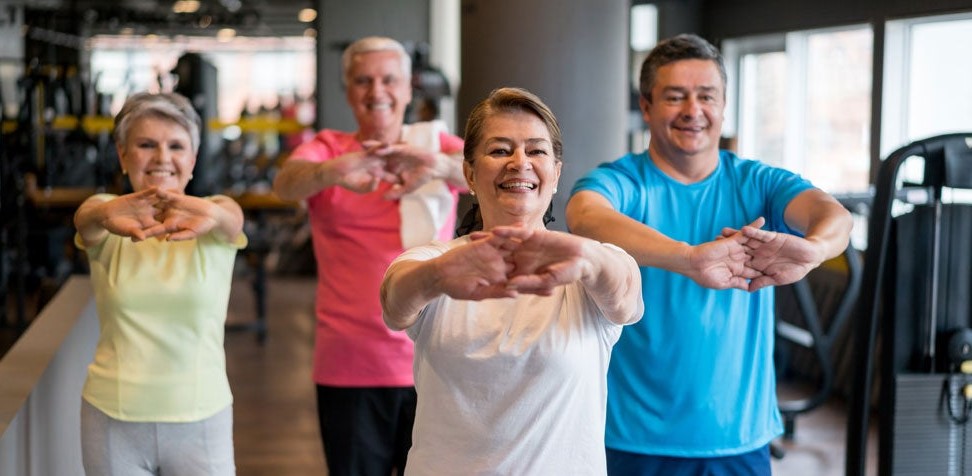
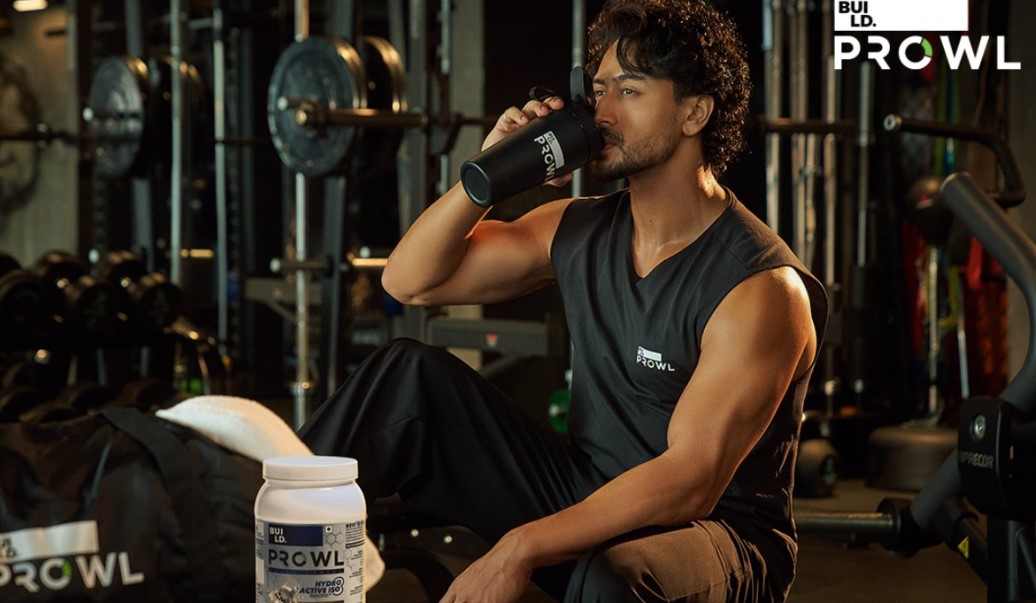







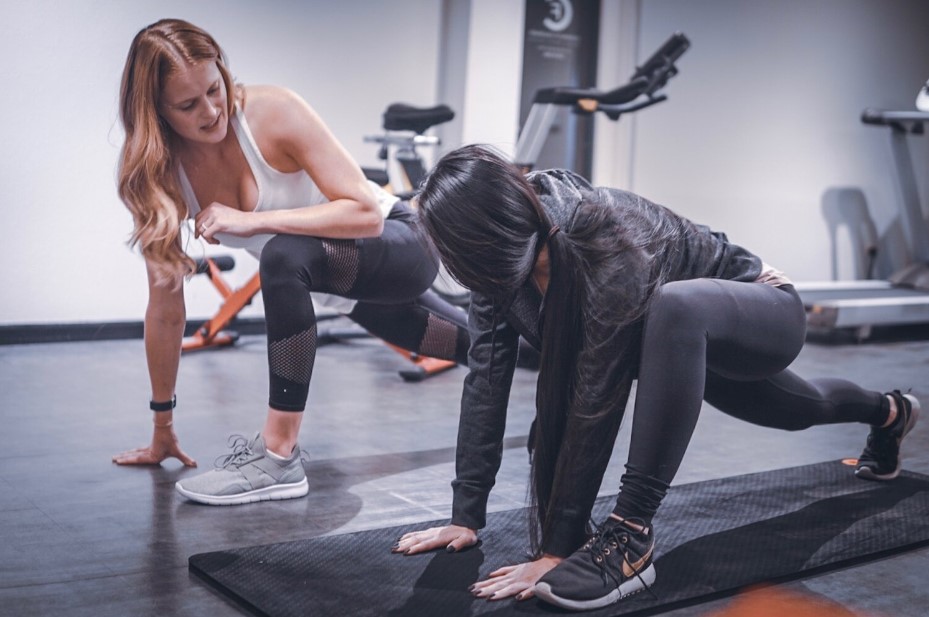
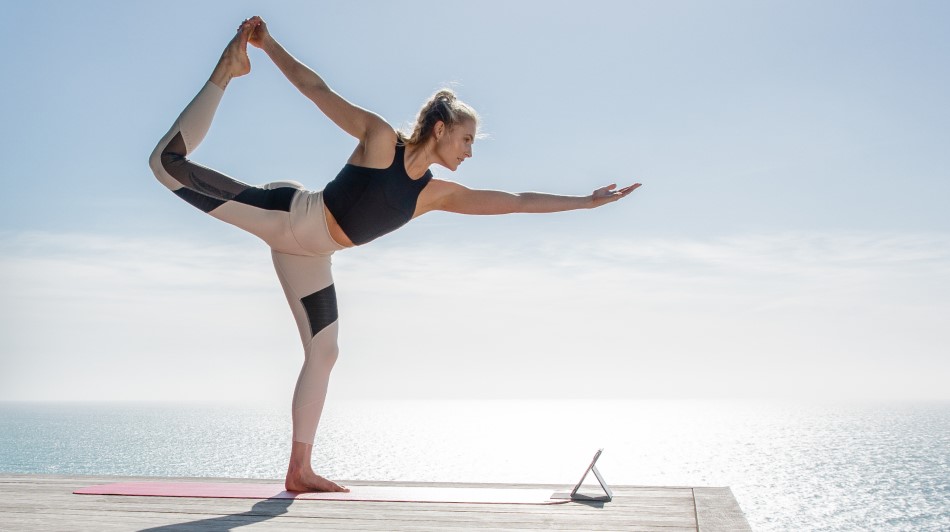









No comments